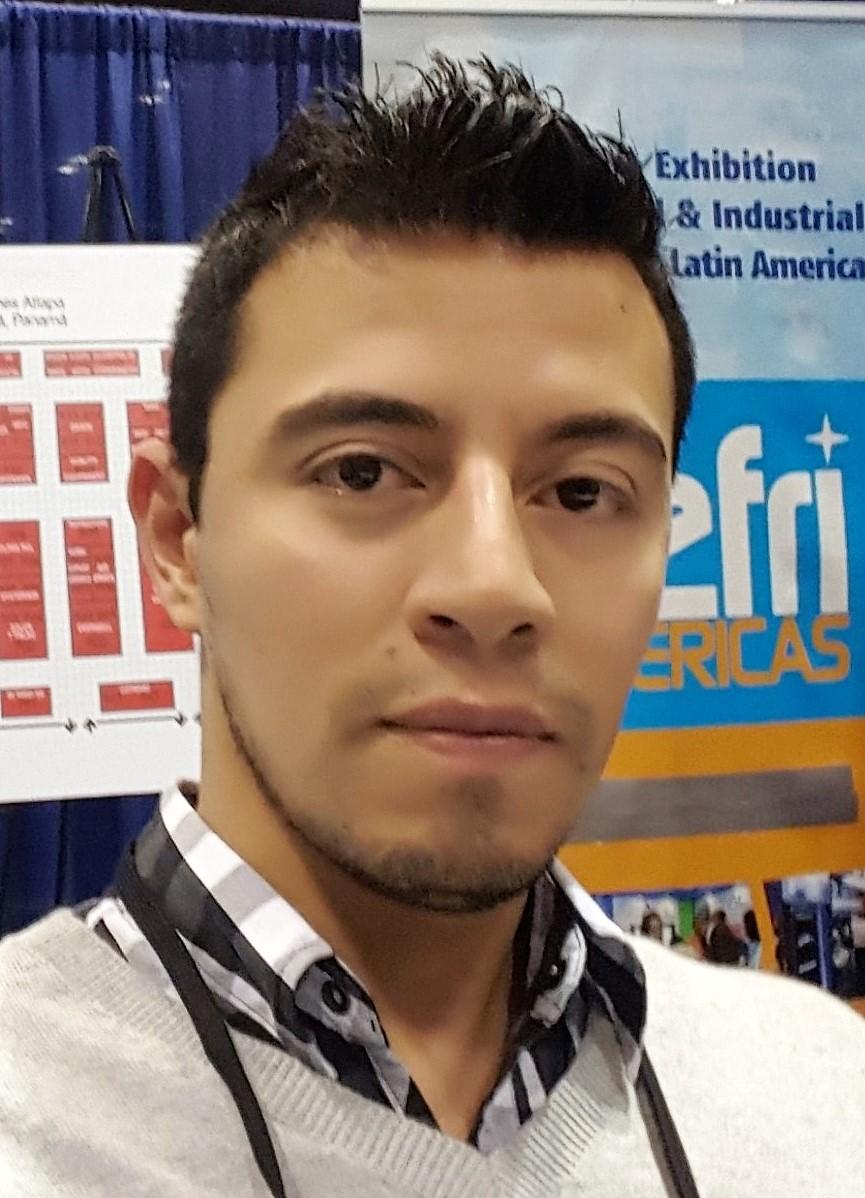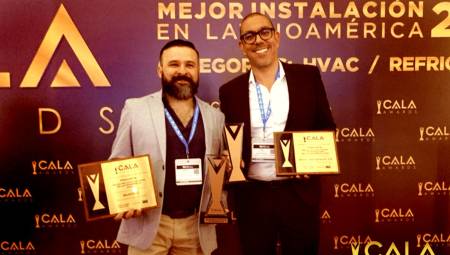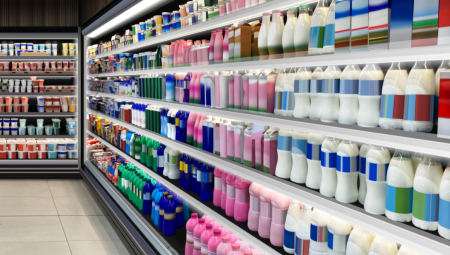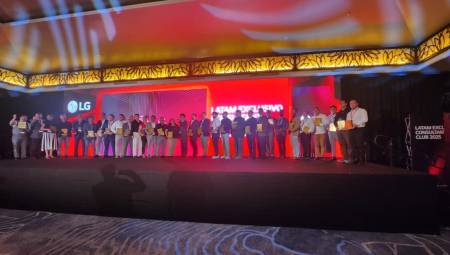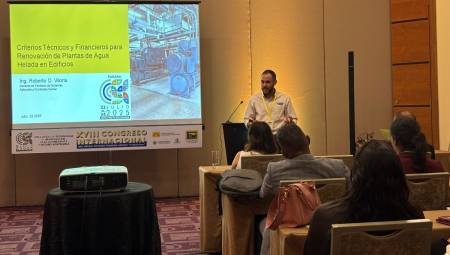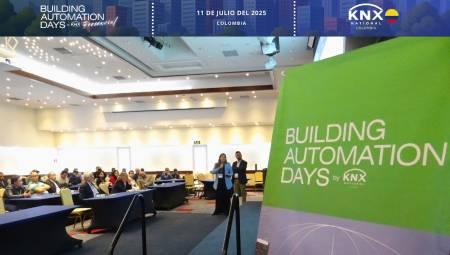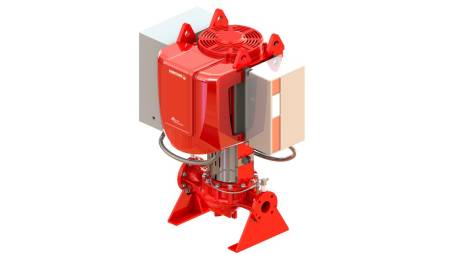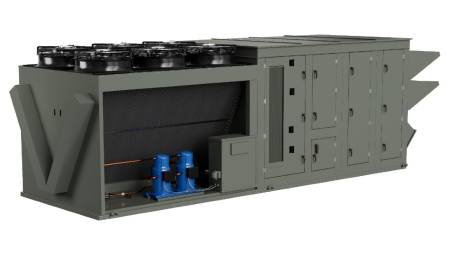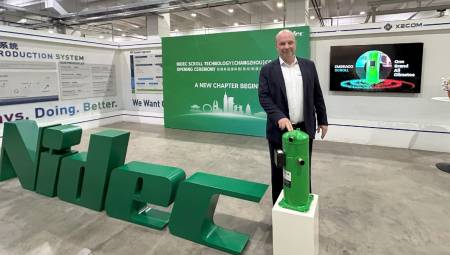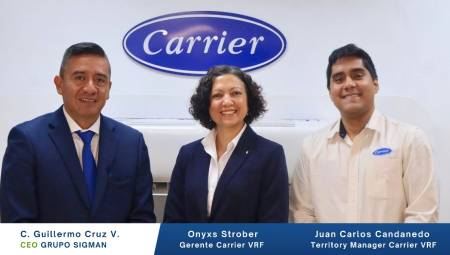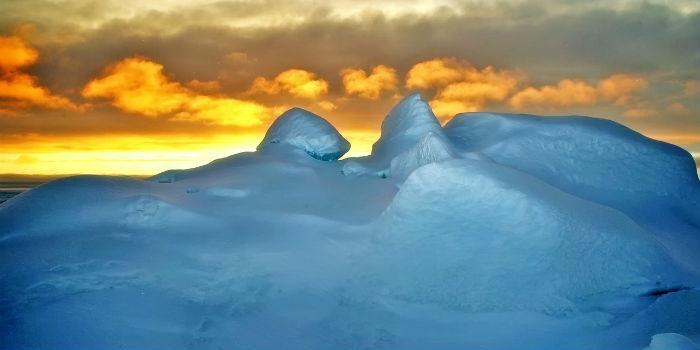 International. Mathematics has finally proved a law that says that unless you have infinite time and resources, you cannot reach absolute zero of temperature.
International. Mathematics has finally proved a law that says that unless you have infinite time and resources, you cannot reach absolute zero of temperature.
In 1906, the German chemist Walther Nernst formulated the heat theorem, which states that when a perfect crystal approaches the absolute zero point of 0 kelvin (-273.15 ° C), the entropy of the system also goes to zero. This work earned him the Nobel Prize in chemistry in 1920.
The rule was controversial, with experts such as Albert Einstein and Max Planck debating it and introducing their own formulations. In 1912, Nernst defended his version by adding another clause, the principle of unattainability, which states that absolute zero is physically unattainable. Together, these two rules constitute the third modern law of thermodynamics.
But because previous arguments focused only on specific mechanisms or were paralyzed by questionable assumptions, some physicists have always remained unconvinced of their validity.
Now Jonathan Oppenheim and Lluís Masanes of University College London have mathematically derived the principle of unattainability and put limits on how quickly a system can cool down, creating a general proof of the third law. "In computer science, people ask this question all the time: how long does it take to perform a calculation?" says Oppenheim. "Just as a computational machine performs a calculation, a chiller machine cools a system." So he and Masanes wondered how long it takes to cool down.
Cooling can be thought of as a series of steps: heat is removed from the system and poured into the environment over and over again, and every time the system cools. The cold depends on how much work can be done to remove the heat and the size of the reservoir to pour it.
Applying mathematical techniques from quantum information theory, they showed that no real system will ever reach 0 kelvin: this would take an infinite number of steps.
However, approaching absolute zero is possible, and Masanes and Oppenheim quantified the steps of cooling, setting speed limits to determine how cold a given system can get in finite time.
Eliminate uncertainty
As quantum computing advances, the need to quantify cooling becomes more urgent. To store data, particles in a quantum computer are put into particular energy states; Extra energy and the heat it brings push the particles out of those states, degrading or destroying the stored data.
"It's not just the removal of energy from the system," says Masanes. "It's also about removing uncertainty."
The limits set by this research are much less strict than the technological limitations for now: no one has reached temperatures or cooling speeds close to what Masanes and Oppenheim found are the limits. As technology improves, they expect these limits to become practically relevant.
"The work is important – the third law is one of the fundamental questions of contemporary physics," says Ronnie Kosloff of the Hebrew University of Jerusalem. it is a meeting point for many things."
Source: www.newscientist.com


